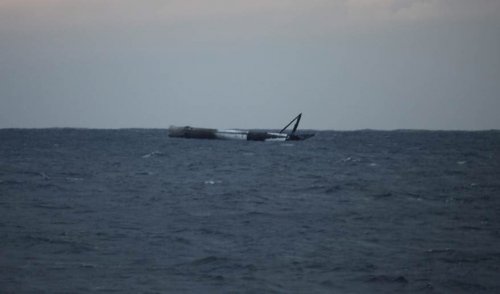- Joined
- 21 January 2015
- Messages
- 10,652
- Reaction score
- 12,250
Analysts Disagree About Classified Sat Zuma’s Fate
http://m.aviationweek.com/space/analysts-disagree-about-classified-sat-zuma-s-fate
Of this there is no doubt: At 8 p.m. on Jan. 7, a SpaceX Falcon 9 lifted off from Cape Canaveral AFS carrying a classified U.S. government payload code-named Zuma. After that, things get murky. A pilot flying over East Africa snapped pictures of the rocket’s upper stage depressurizing and venting propellant after a planned deorbit burn about 2 hr. 15 min. after launch, Marco Langbroek, a Dutch scientist and amateur satellite tracker, noted on SeeSat-L, an internet mailing list for ...
http://m.aviationweek.com/space/analysts-disagree-about-classified-sat-zuma-s-fate

